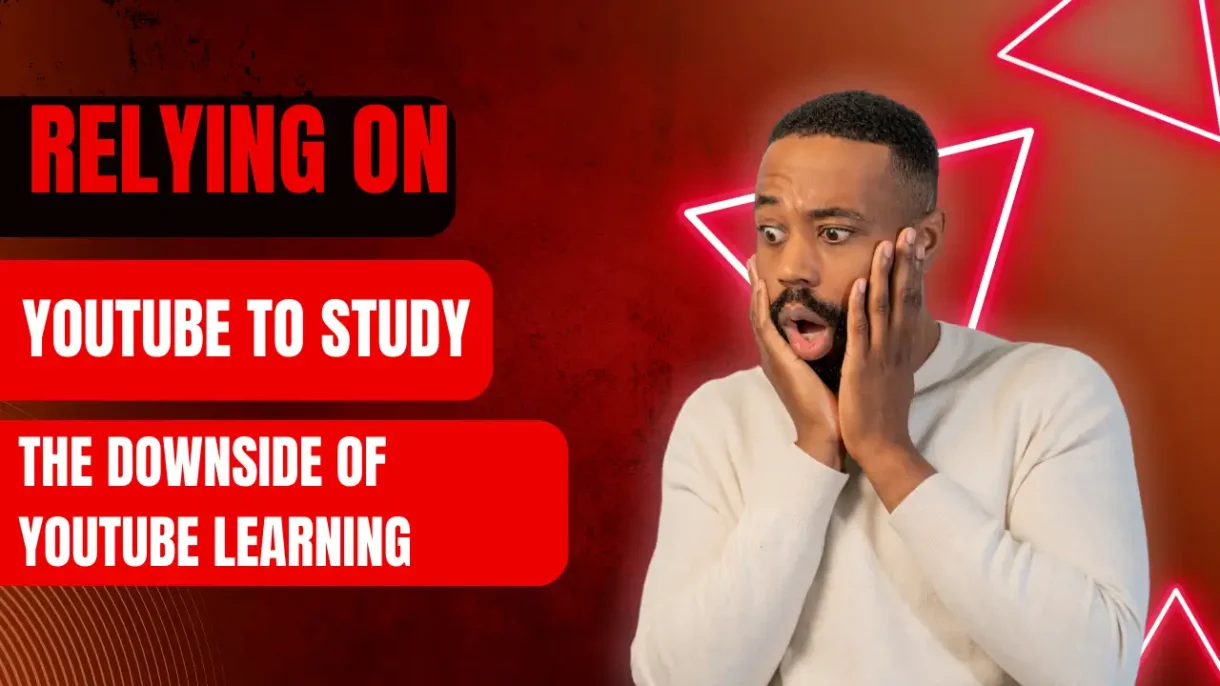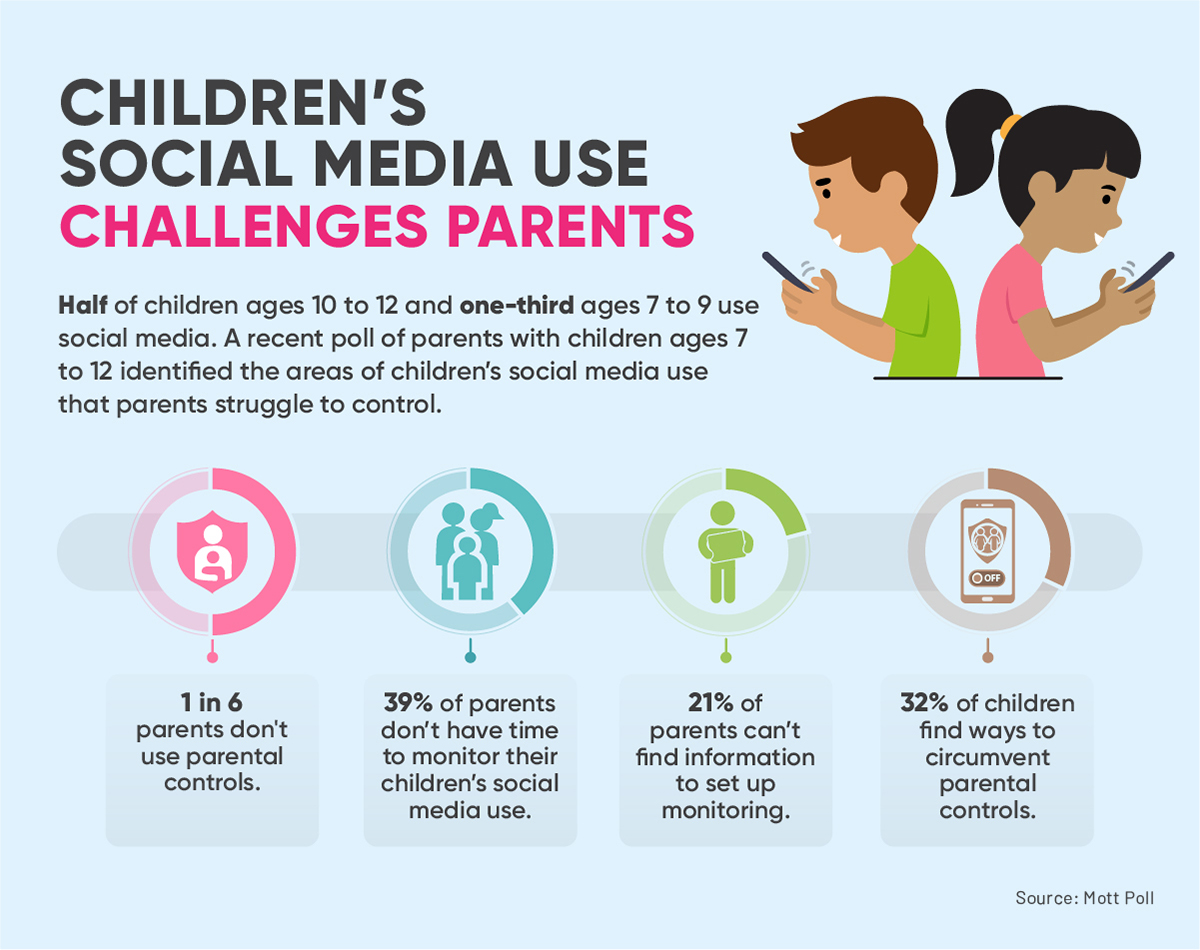
In recent years, YouTube has become an indispensable part of students’ academic lives. With millions of educational channels and free content available at their fingertips, students now have access to resources that can help them learn virtually anything—from mathematics and science to language and history. While this technological advancement has undoubtedly made learning more accessible, it’s important to recognize that relying heavily on YouTube for academic purposes comes with its own set of drawbacks.
Despite the convenience, visual appeal, and flexibility that YouTube offers, students must be cautious when integrating this platform into their academic journey. In this blog, we will explore the hidden disadvantages of relying on YouTube for studying and why students should consider a more balanced approach to their education.
Table of Contents
Sr. Headings
1. Introduction
2. Unstructured Learning Approach
3. Doubtful Content Quality and Credibility
4. Lack of Personalized Feedback and Interaction
5. Decline in Critical Thinking Skills
6. Distraction and Poor Time Management
7. Shortened Attention Span
8. Overreliance on Visual Learning
9. No Certification or Recognition
10. Conclusion: A Balanced Approach is Key
11. FAQs
Unstructured Learning Approach
One of the most significant disadvantages of using YouTube as a primary study source is the lack of structure in the content. Unlike school or university syllabi that are designed to build knowledge step-by-step, YouTube videos are not always organized in a sequential manner. A student may watch a video on a complex topic without having the foundational knowledge necessary to understand it fully.
This random and unstructured exposure to content can lead to superficial understanding rather than deep learning. In traditional educational settings, topics are interconnected and build upon each other; when students skip this structure, their learning becomes fragmented and incomplete.
Doubtful Content Quality and Credibility
Another major concern is the credibility of the content. On YouTube, anyone can upload educational videos regardless of their qualifications, background, or accuracy of information. While there are many credible educators and institutions present on the platform, there are also countless content creators who lack proper subject knowledge.
Students who rely on such content may end up learning incorrect or outdated information, which can negatively impact their academic performance. Unlike textbooks and peer-reviewed journals, YouTube does not have a standard review or validation process, making it essential for students to critically evaluate the sources they follow.
Lack of Personalized Feedback and Interaction
In a classroom or a structured online course, students can ask questions, receive feedback, and interact with teachers and peers. This two-way interaction is crucial for deep learning and concept clarity.
YouTube, on the other hand, is a one-way communication platform. Students watch videos passively without any opportunity to engage in discussions or ask questions in real-time. While some content creators respond to comments, it is not a reliable or immediate form of academic support. This can leave students confused or stuck when they encounter difficult concepts or require clarification.
Decline in Critical Thinking Skills
YouTube videos often focus on providing solutions quickly and visually, which can lead to a habit of passive learning. When students watch solutions without attempting to solve problems on their own, they miss out on developing critical thinking and analytical skills.
Education is not just about finding the right answer—it’s about understanding why the answer is right and how to arrive at it. Over-dependence on video solutions can hinder a student’s ability to think independently, analyze situations, and come up with creative solutions, all of which are essential skills in both academics and the professional world.

Distraction and Poor Time Management
YouTube is a platform designed to keep users engaged for long periods of time. After watching one educational video, students are often tempted by suggestions for entertainment videos, vlogs, music, or other unrelated content. This often leads to binge-watching and loss of valuable study time.
For students, this can become a major hurdle in time management and self-discipline. What starts as an intention to study for one hour can easily turn into three hours of watching unrelated videos. This distraction can significantly affect productivity, academic focus, and even sleep patterns.
Shortened Attention Span
Most YouTube videos are designed to deliver quick information in a visually stimulating way. While this format is effective for grabbing attention, it can negatively impact students’ ability to concentrate for longer periods of time.
Over time, students may develop a shortened attention span and find it difficult to stay focused during longer lectures, detailed readings, or exam preparation. This can be detrimental, especially in higher education, where deeper understanding and prolonged concentration are required.
Playlist
Overreliance on Visual Learning
While visual learning is a powerful tool, it is not the only method students need to succeed. Reading, writing, practicing problems, and engaging in discussions are equally important for cognitive development. YouTube fosters a visual-first learning style that may not cater to every student’s needs or promote balanced academic growth.
An overreliance on video content can also limit students from developing essential academic skills such as note-taking, essay writing, research, and academic reading comprehension.
No Certification or Recognition
While students can learn a great deal from YouTube, most educational videos do not offer any form of official certification. In today’s competitive job market or when applying for higher education, students are often expected to show proof of learning through recognized certificates or degrees.
Although the knowledge gained may be valuable, it may not hold the same weight as formal education or certified online courses when it comes to resumes or career advancement.

Conclusion: A Balanced Approach is Key
YouTube can be a fantastic supplementary resource when used responsibly and in moderation. It offers visual explanations, real-life examples, and quick overviews that can reinforce classroom learning. However, it should not replace structured study programs, qualified mentorship, and interactive learning environments.
Students should use YouTube as a complementary tool, not a primary one. They must ensure they’re consuming high-quality, verified content and balancing it with textbooks, classroom notes, assignments, and feedback from teachers. Developing critical thinking, time management, and research skills should remain a top priority.
Education is an ongoing process that involves discipline, engagement, and curiosity—not just screen time.


YouTube can be a helpful supplementary platform for studying. It provides visual explanations and quick insights into a variety of topics. However, it should not replace structured learning from schools, certified courses, or experienced educators.
While some YouTube channels offer useful exam preparation tips, relying solely on them may lead to gaps in understanding and ineffective revision strategies. It’s recommended to use YouTube as an aid alongside textbooks, mock tests, and coaching support.
Content created by reputed educational institutions, certified teachers, or organizations with verifiable credentials is generally more trustworthy. Always check the creator’s background, reviews, and references before following their content.
YouTube’s algorithm promotes engaging and often non-academic content. This can easily distract students and reduce concentration, leading to poor time management and less effective learning sessions.
Set clear goals, limit your viewing time, subscribe to credible educational channels, and avoid unrelated content. Combine YouTube learning with note-taking, practice exercises, and consultation with teachers or mentors.
Not always. Since most videos provide direct answers, students may become passive learners. It’s important to also engage in activities that promote analytical thinking, such as solving problems independently or participating in group discussions.
While YouTube has content for all age groups, younger students may be more prone to distraction. Parental guidance or structured learning support is often necessary for school-level learners.
Yes, when used wisely. Benefits include visual explanations, access to diverse viewpoints, flexibility, and free content on a wide range of topics. However, these advantages must be balanced with verified resources and structured learning plans.
Some great alternatives include Khan Academy, Coursera, Udemy, BYJU’S, Unacademy, EdX, and university-based platforms that offer certified courses with structured content and interactive learning features.
OCP Academy
(A Unit of OCP Foundation)
Learning Today, Leading Tomorrow

